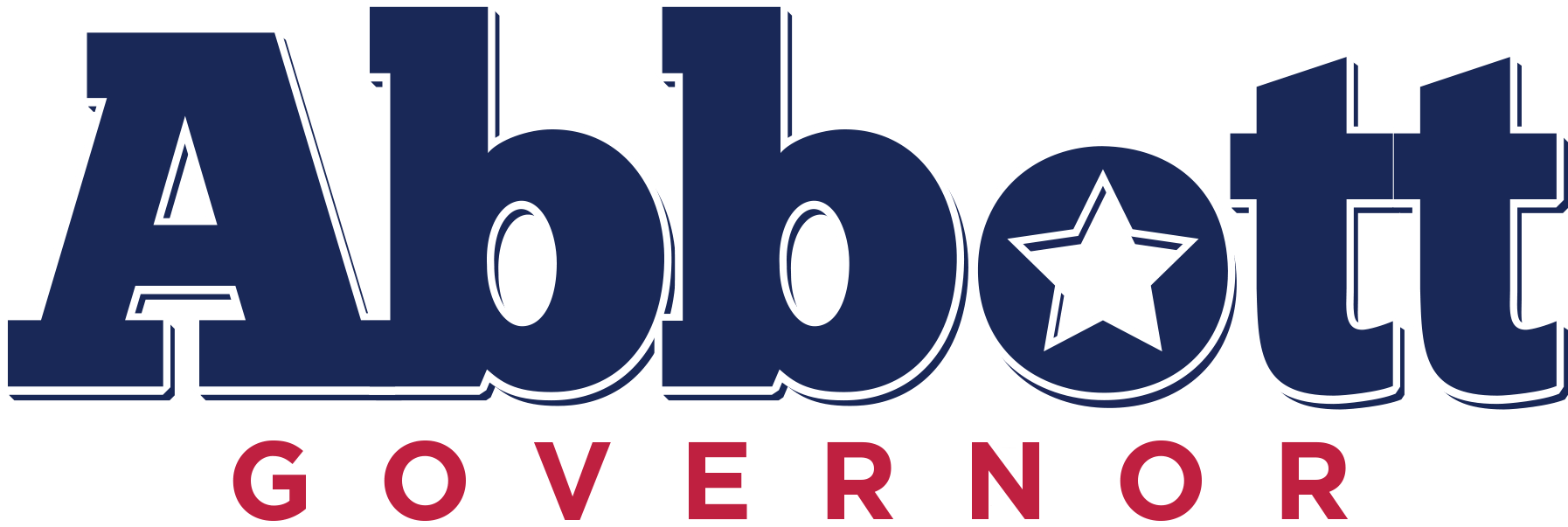This Op-Ed originally appeared on CNBC’s website on July 11, 2017
Economic liberty is why the Lone Star State leads in job creation and in population growth over the last 10 years and why personal incomes have risen almost twice as fast in Texas compared to New York and well ahead of California.
That’s also why Texas was recently named by CNBC as the Top State of the Decade, the “Top of the Tops” for business.
Restrained government, lower taxes, smarter regulations, right-to-work laws and litigation reform — these are the pro-growth economic policies that help free enterprise flourish and that attract major employers to Texas every day.
As the 10th-largest economy among the nations of the world and home to 50 Fortune 500 headquarters, Texas offers a business-friendly climate — with no corporate income tax and no personal income tax — along with a highly skilled workforce, easy access to global markets, robust infrastructure and predictable regulations. Texas offers a framework where innovation, technology and diverse industries thrive.
As a result, more Texans have jobs today than ever before. In fact, more Texans are working than 46 other states have residents.
“Made in Texas” is a powerful label, and the Lone Star State is the top-exporting state, now for 15 years in row, and the top tech-exporting state, again beating second-place California. Texas also has the second-largest labor force, and our population continues to expand following a wave of corporate and regional headquarters relocations as businesses flee states that overtax and overregulate.
Even with the drop in oil production last year, the Texas economy grew. In fact, in terms of real GDP annualized growth, Texas was the fastest-growing state in the fourth quarter. This resiliency is a testament to the diversity of the economy and the state’s tremendous economic momentum.
CEOs who relocate to Texas cite the differences as night and day when it comes to the improved quality of life and good schools, along with the job-ready workforce. Lower energy costs, together with lower land costs and fewer land-use restrictions, mean lower operating costs for businesses and a lower cost-of-living for their employees.
Those are some of the advantages that helped Texas win the Governor’s Cup for the most new and expanded corporate facility projects in the nation — for the fifth year in a row. Over the past year, Texas welcomed Kubota Tractors, Farmer Brothers and Serenova, along with new facilities for Amazon, Facebook and GM Financial, to name just a few. Tech giants Apple, Oracle, Google and Microsoft are also expanding their corporate presence and jobs in Texas’ innovation corridor.
In fact, Texas is in the middle of an innovation renaissance. From biotech and defense tech to wearable tech and clean tech, technologies developed in the Lone Star State are changing the world in which we live.
Texas is also where the tech talent wants to live, with Austin, San Antonio, Houston and Dallas ranking among the top metro areas for startup activity.
The Texas model is proof that limited government secures economic liberty and encourages unlimited opportunity.
To spur even greater economic expansion, I will continue to fight back against overregulation by the federal government and rein in regulatory regimes at the local level that create a patchwork of compliance complexities.
The freedom to experiment with new business models, like transportation network companies, should be permitted by default. Across industries, we need to remove barriers to entry, encourage competition, enact consistent consumer safety regulations and then empower consumers to choose.
By unleashing the power of entrepreneurs and innovators, and securing the freedom to aspire, Texas will long remain the best state for business.
